In a C# project I need to make a backplane for SignalR realized with Azure Service Bus. So in the startup I wrote:
GlobalHost.DependencyResolver.UseServiceBus(asb_endpoint, topic);
in the same project there's even a Rebus configuration for Azure Service Bus, something like:
return Rebus.Config.Configure.With(new UnityContainerAdapter(container))
.Logging(l => l.Log4Net())
.Transport(l => l.UseAzureServiceBus(cs, qname))
.Routing(r => r.TypeBasedRoutingFromAppConfig())
.Options(o => o.SimpleRetryStrategy(errorQueueAddress: errorqname, maxDeliveryAttempts: 3));
both uses extension method for implementation of UseAzureServiceBus and UseServiceBus.
The problem is: both extension methods are part of two libraries, and this libraries conflicting on various dependencies. To have Rebus' UseAzureServiceBus extension, I need Rebus.AzureServiceBus version 0.99.39, which in turn needs at least WindowsAzure.ServiceBus 3.0.4, but this use a DLL called Microsoft.ServiceBus 3.0.0 that conflicts with the internal work of extension method UseServiceBus.
How can I handle this?
EDIT 1 : Looks like this problem will be fixed with Microsoft.AspNet.SignalR.ServiceBus version 2.2.2. I don't know what to do in meanwhile
